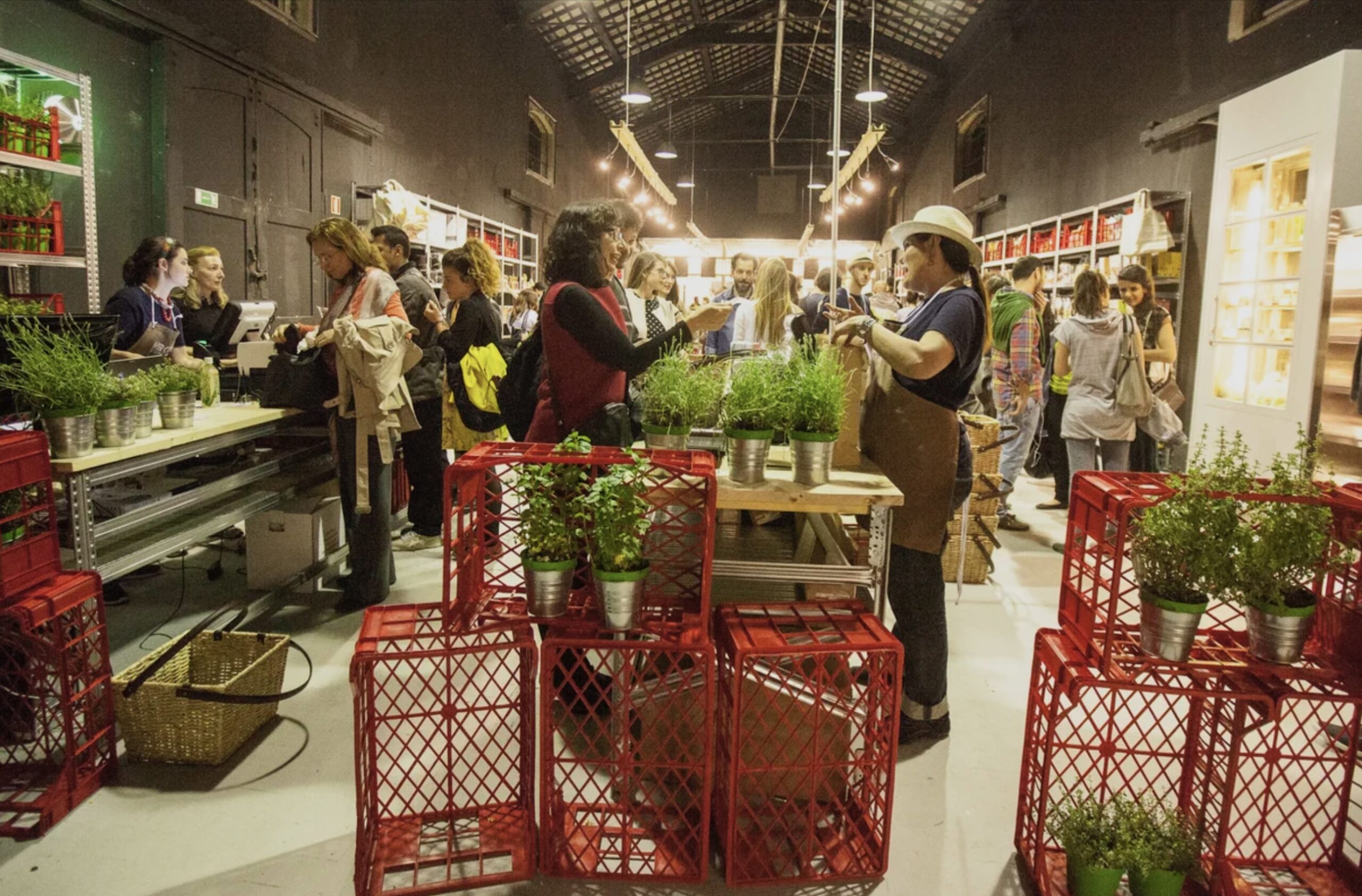The UK Government’s Good Food Cycle
This July, the government unveiled its ‘Good Food Cycle’ strategy, to build a healthier and more sustainable food system that drives British economic growth and accessibility. Aspirations are welcome. The framework, however, neglects the local, grassroots element vital to building authentic food communities. Its reliance on voluntary industry action, rather than concrete legislation, is a significant concern. This approach risks repeating past failures, neglecting the robust policies needed to deliver affordable, nutritious food for all.
The strategy presents a top-down approach, fixated on national supply chains and major players like the NFU or British Retail Consortium. Whilst it mentions ‘working with, strengthening and celebrating local food cultures’, the mechanisms remain vague. It expects to unlock ‘expertise, energy and experience at a local level’ without concrete plans beyond established bodies. Precisely here, Movimento Metropolitano, founded by Andrea Rasca, offers a game-changing perspective. We’ve shown how regenerating disused urban spaces into vibrant food communities, with local partners and artisans at their heart, creates positive, ground-up change.
Where the ‘Good Food Cycle’ falls short for Movimento Metropolitano
- Centralised Policy vs. Localised Action – the strategy focuses on national initiatives and established industry bodies, and completely misses the impact of genuine, community-led efforts. Our work at Movimento Metropolitano consistently shows that real change grows from the ground up – through the dedication of local people, the quality of local produce, and the regeneration of neglected local spaces.
- Small Artisanal Entrepreneurs Overlooked – we believe that ‘Small is Beautiful’, and the paper clearly lacks focus on individual artisans, small-scale producers, and their direct relationships with citizens. These are the diverse micro-businesses that form the true fabric of prosperous food communities. Whilst farmers, fishers, producers, and workers are mentioned, it’s primarily in the context of large-scale economic contributors, not the extensive network of small independent businesses vital to the sector.
- Regenerating Urban Spaces: a Critical Oversight – whilst addressing environmental sustainability, the ‘Good Food Cycle’ fails to explicitly acknowledge the powerful role of regenerating abandoned urban spaces for both food production and as dynamic social hubs. This is a core tenet of our work, a place where people connect, skills are shared, and communities live.
- Beyond Industrial Convenience – MoM prioritises direct connections to food, the development of practical skills, and a deep appreciation for local produce – moving far beyond convenience. This stands in sharp contrast to a strategy that, while addressing food insecurity and affordability risks unintentionally increasing the production of ultra-processed foods (UPFs).
The government’s ambition is clear. But the paper misses a crucial reality: grassroots initiatives have been doing the hard work for decades. They’re producing, sharing skills, and supporting entrepreneurial artisans. These community-led efforts, bringing in people of all ages and backgrounds, are precisely what revive long-forgotten urban places. Real change is driven by partnerships built on common goals. Policy, then, must genuinely connect with this proven ground-up work – that’s the vital link we truly need.





